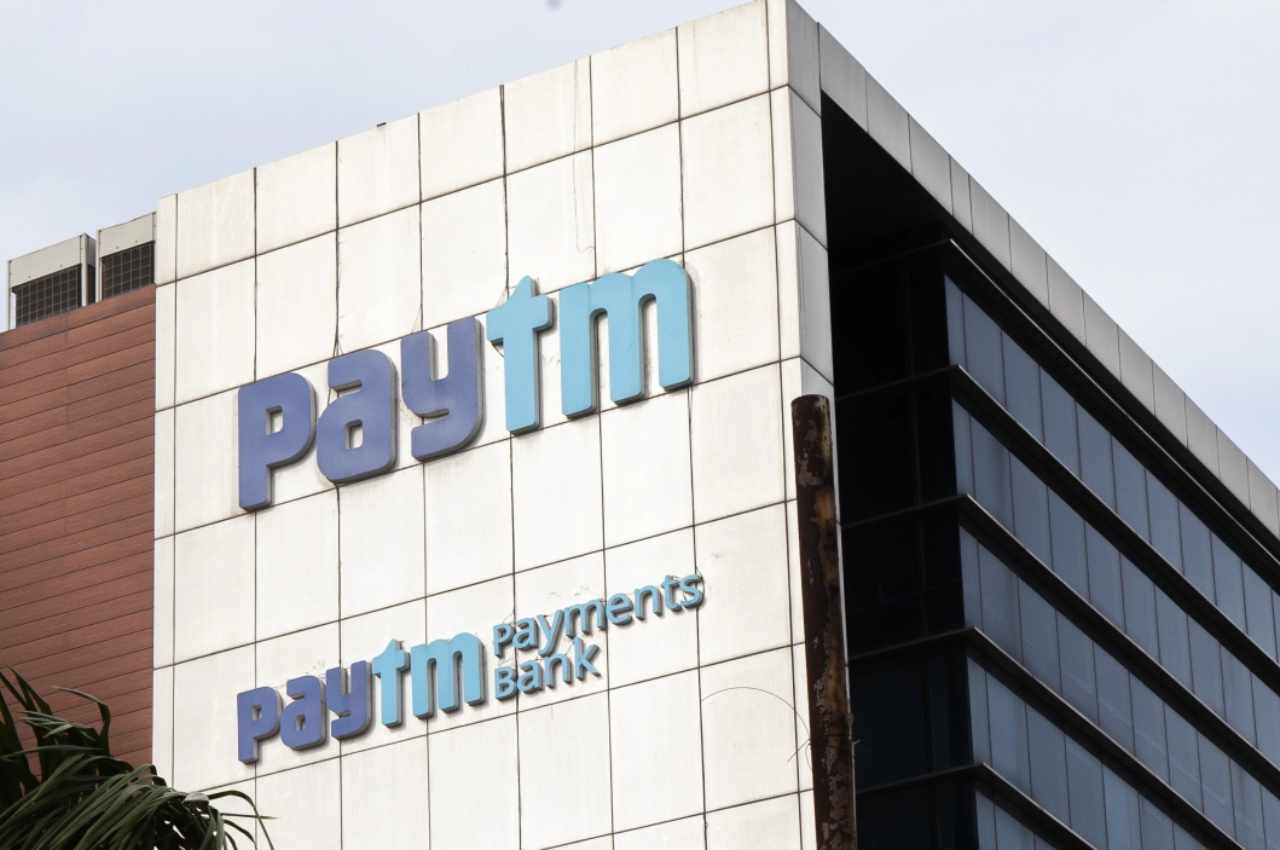Paytm IPO: The largest digital payments provider in India, One 97 Communications Ltd., which runs Paytm, has seen the worst first-year share decline among major IPOs in the past ten years, and the agony is only getting worse.
One year after its $2.4 billion offering, the largest ever in India at the time, the company, whose founder compared its difficulties to those faced by Tesla Inc. shortly after the listing, has seen its shares lose 75% of its market value. Since Spain’s Bankia SA’s 82% loss in 2012, the decline is the sharpest first-year slide internationally among IPOs that raised at least the same amount, according to data compiled by Bloomberg.
Paytm debuted at a time when India’s IPO market was infatuated with computer businesses, but its dismal first anniversary highlights a loss of faith in its capacity to turn a profit. It is one of many businesses that listed with valuations that many people believed to be inflated.
This week, the stock’s losses widened as worries about the emergence of a possible rival owned by India’s largest conglomerate increased. As a lock-up period included in the IPO expired last week, Japan’s SoftBank Group Corp. sold shares it had in Paytm, causing a three-day decline.
With the 30% decrease in November, the decline from the IPO price of 2,150 rupees is now 79%.
As a result of investors avoiding losing companies in a deteriorating macroeconomic climate, tech equities have fallen across the board. This week, a note was published by analysts at JM Financial Ltd. led by Sachin Dixit.
“This feedback has been well received by company managements and we are seeing all Indian internet companies not just prioritizing profitability but also communicating the path forward explicitly,” they wrote.
Although they never traded beyond the listing price, Paytm shares were offered at the top of a marketed range following an offering that generated significant interest from investors and funds. Traditional international stock pickers like BlackRock Inc. and the Canada Pension Plan Investment Board were drawn to the transaction.
“In every rally, the market as a whole gets too excited about something,” said Shridatta Bhandwaldar, head of equities at Canara Robeco Asset Management. “In 2006-2008, we got too excited about construction companies and capital goods companies. In 2013-2014, we got too excited about midcaps. In 2017-2019 we got extremely excited about non-banking financial companies and in 2020-2022 people were just too excited about technology.”
“Some of these companies have good business models,” he said, adding that “still, you feel there is not enough margin of safety because these are evolving businesses.”













